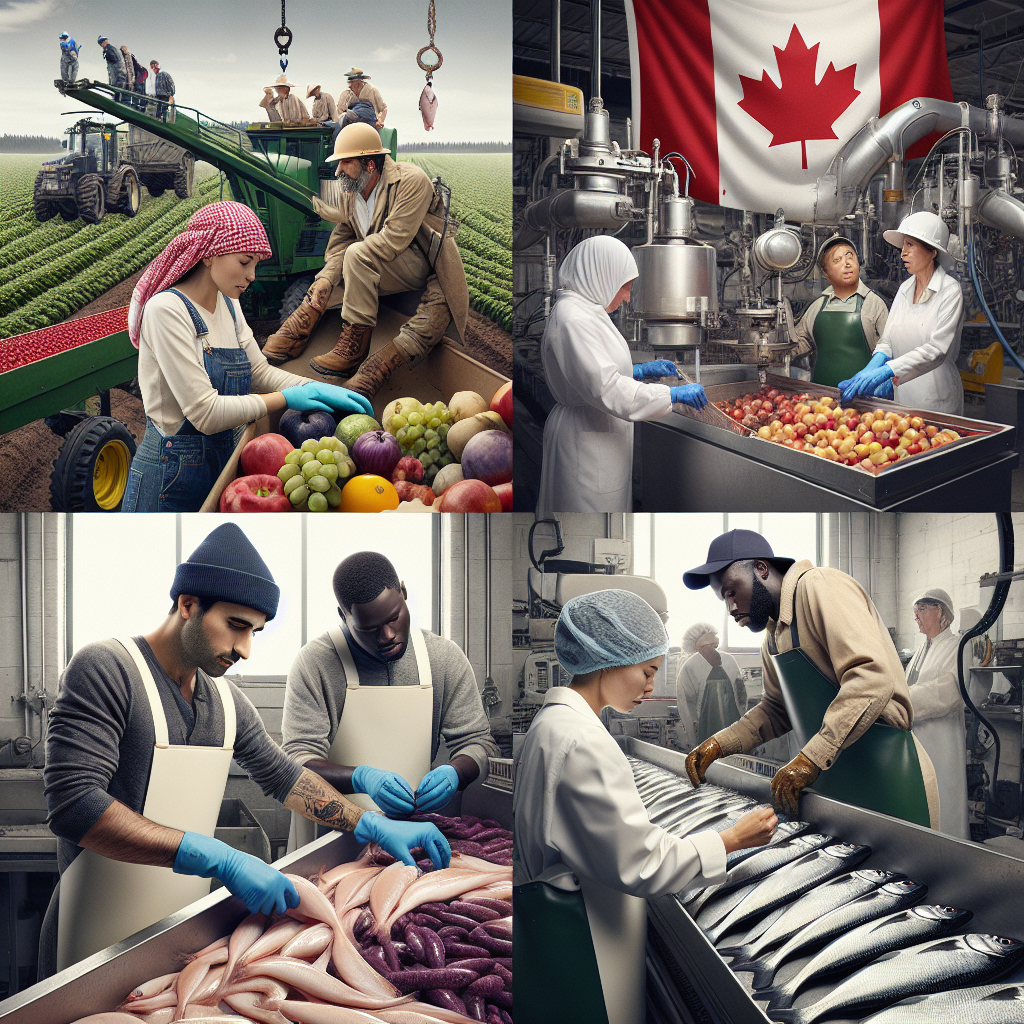IRCC Launches New Stream for Agricultural and Fish Processing Workers

Canada’s New Foreign Labour Stream: Addressing Agricultural and Fish Processing Shortages
Overview of the Initiative
Immigration, Refugees and Citizenship Canada (IRCC) has announced plans for a new foreign labour stream aimed specifically at addressing persistent labour shortages in Canada’s agriculture and fish processing sectors. This initiative, outlined in the 2025-2026 Department Plan, demonstrates the government’s commitment to bolstering these critical industries by facilitating the entry of foreign workers.
Key Features of the New Stream
-
Sector-Specific Work Permits: The upcoming stream will introduce tailored work permits for foreign workers in agriculture and fish processing, ensuring that the needs of these sectors are met efficiently.
-
Partner Country Agreements: The initiative may also involve expanded agreements with specific partner countries, potentially simplifying the hiring process for foreign workers and making it easier for employers to fill vacancies.
-
Collaborative Development: The IRCC plans to collaborate with Employment and Social Development Canada (ESDC) on policy development and public consultations to refine this program, which highlights a proactive approach to addressing labour market needs.
- Prioritization of Essential Sectors: The new stream aligns with broader government efforts to prioritize temporary foreign worker applications in essential sectors, with agriculture and food processing explicitly identified as critical areas.
Context of Labour Shortages
Canada’s agricultural sector has been grappling with significant labour shortages, which have been exacerbated by the recent closure of the Agri-Food Pilot pathway. This program, designed to facilitate permanent residency for foreign workers in key occupations, capped its applications earlier this year, leaving many positions unfilled. The introduction of the new stream appears to be a strategic response to these gaps.
Implications for the Future
The proposed foreign labour stream represents more than just a temporary fix for labour shortages; it signals a long-term commitment to sustaining Canada’s agriculture and food processing industries. By focusing on a sector-specific approach, the government is recognizing the unique challenges these industries face and is looking to foster a more flexible and responsive immigration system.
Conclusion: A Step Towards Economic Resilience
As Canada continues to navigate the complexities of its labour market, the establishment of this new foreign labour stream could prove to be a game-changer for the agriculture and fish processing sectors. Not only does it aim to alleviate immediate labour shortages, but it also reflects a broader strategy to enhance economic resilience through targeted immigration policies. For stakeholders in these industries, this development is a hopeful indication that the government is listening and responding to their needs. As consultations move forward, the focus will be on ensuring that the new stream is effectively tailored to meet the demands of a rapidly evolving labour landscape.
Reference



